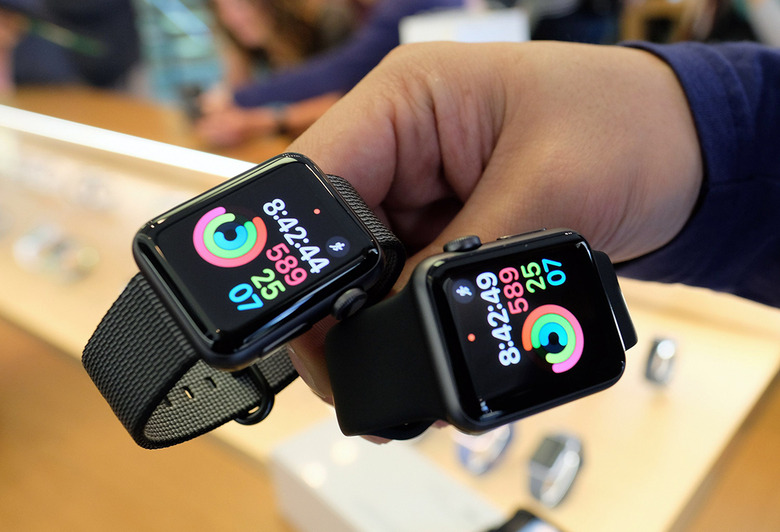Apple Watch Can Detect Serious Heart Ailment With 97% Accuracy, Study Finds
The Apple Watch launched with quite a bit of fanfare, but the device never exactly became the revolutionary and game-changing product that some analysts were expecting and hoping for. Nonetheless, the Apple Watch over the last two years has managed to carve out a nice niche for itself as a beloved smartwatch and fitness tracker. Indeed, ever since it originally hit store shelves, Apple has increasingly positioned the Apple Watch as a health-oriented device, with Tim Cook recently stating that the Apple Watch helped him lose 30 pounds.
Speaking to the Apple Watch's capabilities, a new research report released by the University of California, San Francisco — done in conjunction with Apple — reveals that the Apple Watch's heart sensor is capable of detecting the most common type of heart arrhythmia with a 97% accuracy rate. As far as the research goes, the heart arrhythmia detection wasn't done solely with the Apple Watch's sensor, but relied upon a custom AI algorithm built into the Cardiogram app.
TechCrunch reports:
The study involved 6,158 participants recruited through the Cardiogram app on Apple Watch. Most of the participants in the UCSF Health eHeart study had normal EKG readings. However, 200 of them had been diagnosed with paroxysmal atrial fibrillation (an abnormal heartbeat). Engineers then trained a deep neural network to identify these abnormal heart rhythms from Apple Watch heart rate data.
All in all, the results are impressive and suggest that we've yet to see the Apple Watch's full potential as a health monitor. Speaking to this point, Dr. Gregory Marcus, the study's senior author, said the following in a statement: "Our results show that common wearable trackers like smartwatches present a novel opportunity to monitor, capture and prompt medical therapy for atrial fibrillation without any active effort from patients."
